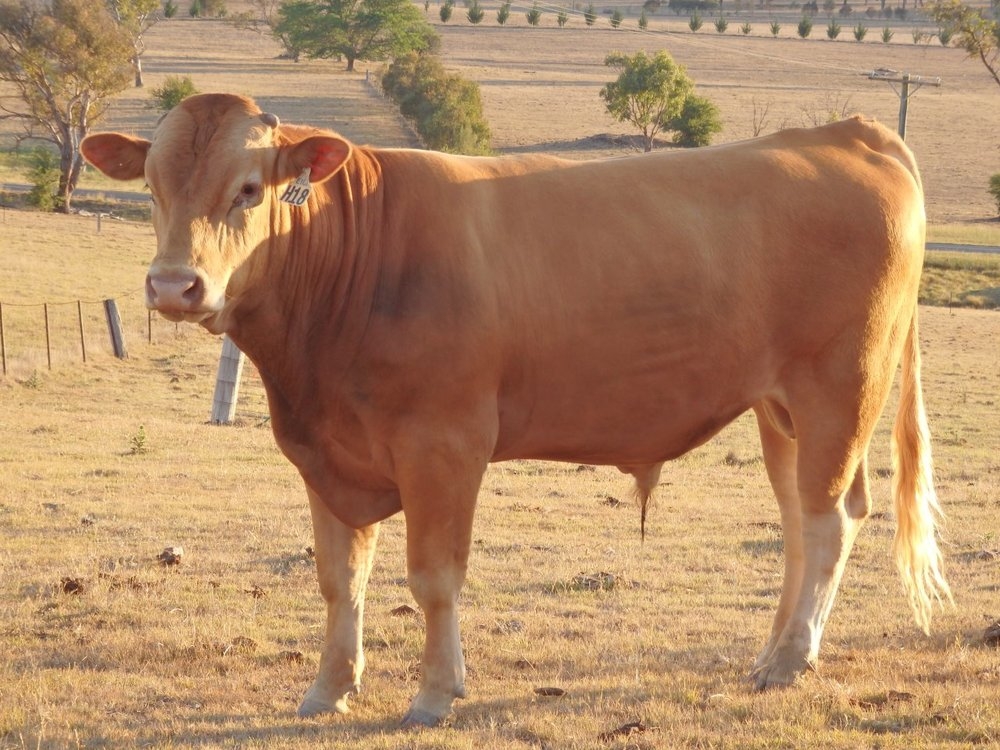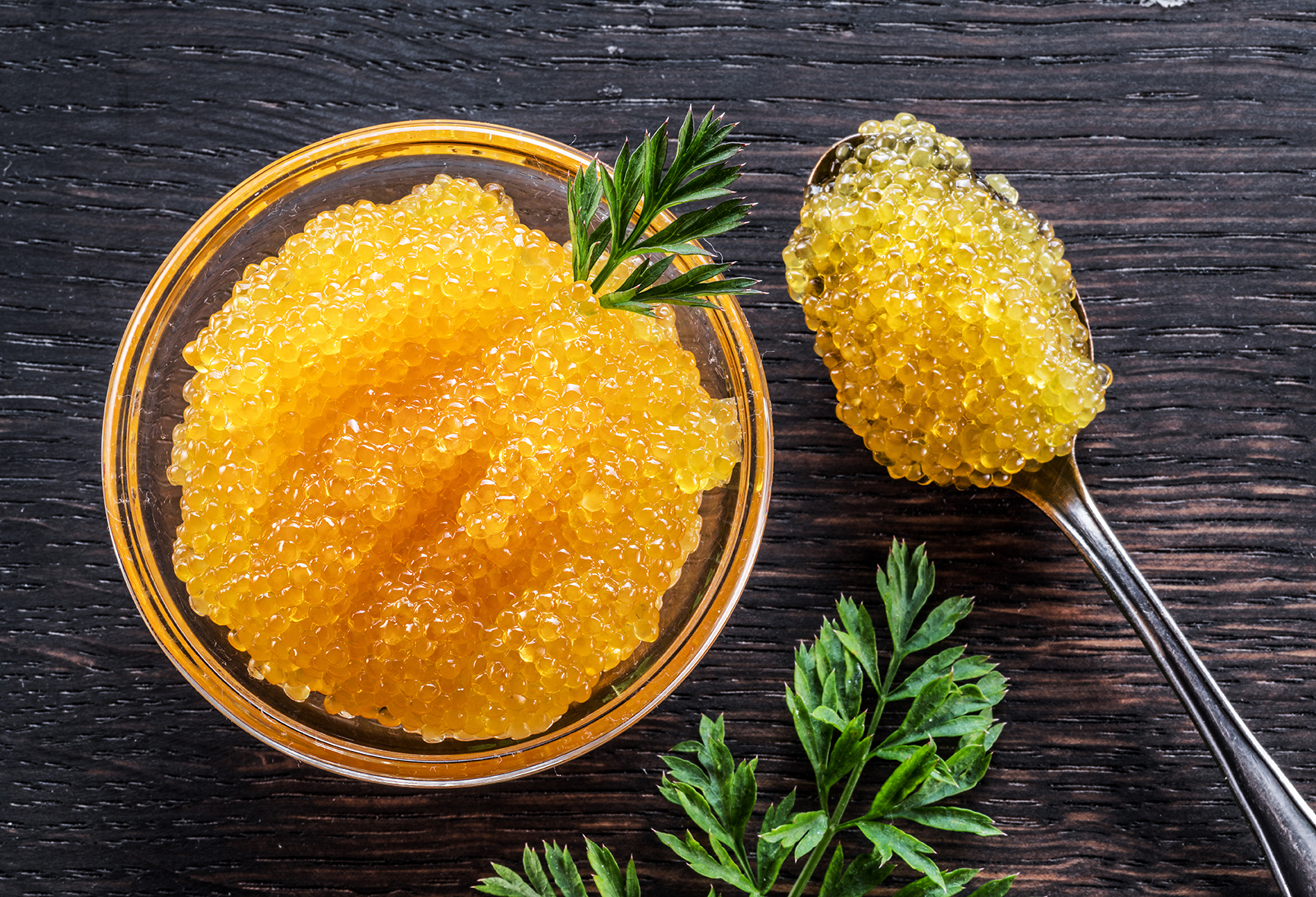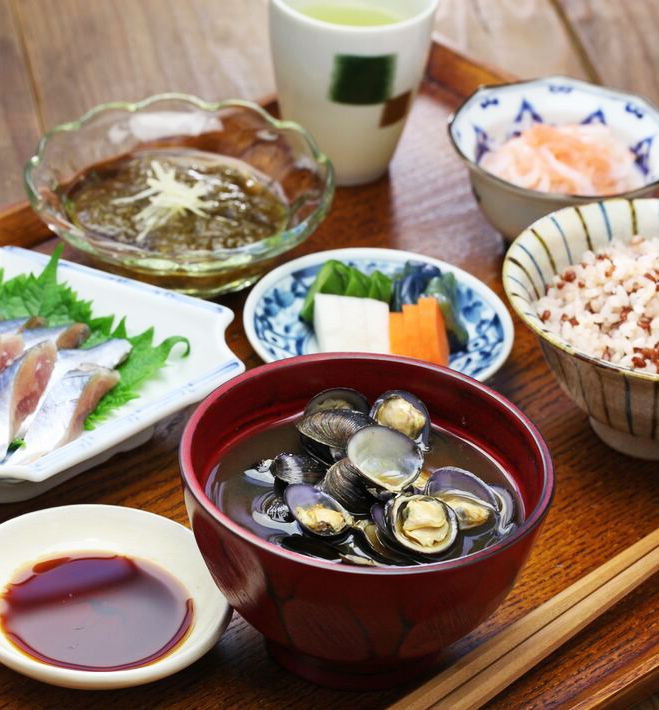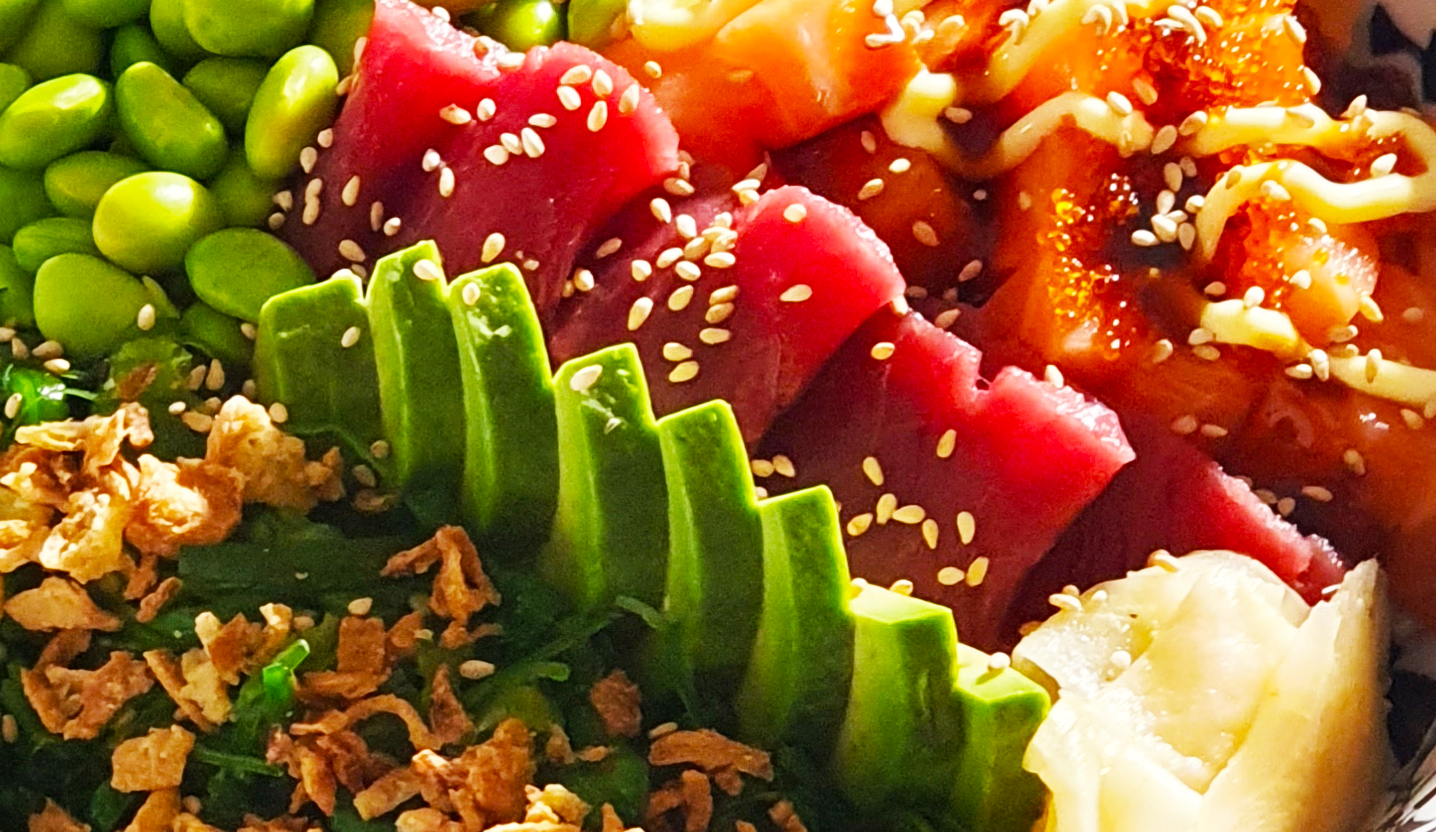Wagyu – Japanese breed of cattle – derived from Asian cattle.
“Wagyu” refers to a breed of beef cattle where ‘Wa’ means Japanese and ‘gyu’ means cow.
Wagyu originally were cattle used in agriculture, selected for physical endurance. This selection favored animals with fat-rich muscle fibers-“marbled”-that provided an easily accessible source of energy.
This breed is characterized by small horns and a black or red-colored coat.
History of the Wagyu breed in Japan
There is historical evidence to suggest of genetic selection of the Wagyu strain since 3500 years ago. Modern Wagyu cattle are the result of crossing native cattle in Japan with imported breeds.
The crossing began in 1868 after the restoration of the Meiji Dynasty in that year. The government wanted to introduce Western food and cultural habits. Swiss Brown, Devon, Shorthorn, Simmental, Ayrshire and Korean cattle were imported during this period. Crossbreeding between these breeds, British, European and Asian, was allowed until 1910, when all imports were stopped. Variation in genetic conformation was found to be greater in the Wagyu breed than in other British and European breeds. The three main black strains-Tajiri or Tajima, Fujiyoshi (Shimane) and Kedaka (Tottori)-evolved through regional geographic isolation in Japan. These differences in breeding have produced a Japanese national herd comprising 90 percent black cattle, with the rest being of the red Kochi and Kumamoto strains.
In Japan there are four breeds that are considered Wagyu, and those are the Japanese Black Wagyu (the predominant exported Wagyu), the Japanese Red Wagyu (in the United States referred to as Red Wagyu), the Japanese Pollod, and the Shorthorn.
There are no polled or shorthorns bred outside Japan. Wagyu strains were isolated according to prefecture, and the breeds imported for crosses were not the same in each prefecture. Wagyu beef production in Japan is highly regulated and progeny testing is mandatory. Only the best genetics are retained for breeding. Realizing the value of their unique product, the Japanese government banned the export of Wagyu and declared them a national living treasure.
Zenwa is the Government entity that oversees the Wagyu registry for Black, Brown, Polled and Shorthorn.
History of the WAGYU breed in the U.S.
Wagyu cattle were first imported in 1975 when two Black and two Red Wagyu were imported by Morris Whitney. In 1989 the Japanese began to reduce their tariffs on imported beef and that encouraged American producers to produce a high-quality product for Japan. In the 1990s there were several imports of Wagyu quality. Most were black, but some were Red Wagyu. These cattle have the greatest influence on animal husbandry in the United States and in many other countries. Most U.S. production was exported to Japan until 2003 when Mad Cow Disease was discovered and Japan and other countries stopped importing beef for the United States. However, chefs in the United States thanks to increases in consumption in the domestic market have used the bulk of U.S. production.
WAGYU Beef – Delicious and Healthy
The unique flavor and tenderness of highly marbled wagyu beef offers an unparalleled dining experience. This is why Wagyu meat has rightfully entered the repertoires of Gourmet chefs and fine restaurants around the world. Not only is it a gastronomic delight, but it is also healthy. Health experts have found that the mono-unsaturated fat ratio is higher in Wagyu than in other beef, and the saturated fat in Wagyu beef is different. Forty percent is in a version called stearic acid, which is considered to have minimal impact in raising cholesterol levels.
The profile of marbled Wagyu meat is more advantageous and healthier for human health. Wagyu also has a higher content of a type of fatty acid called conjugated linoleic acid (CLA).
Wagyu beef contains the most CLA per gram of any food product-about 30 percent more than other beef breeds-because of higher levels of linoleic acid. Foods that are naturally high in CLA have fewer adverse health effects.
Buthow much does Kwagyu beef cost?
The price of Wagyu beef varies according to the degree of marbling.




